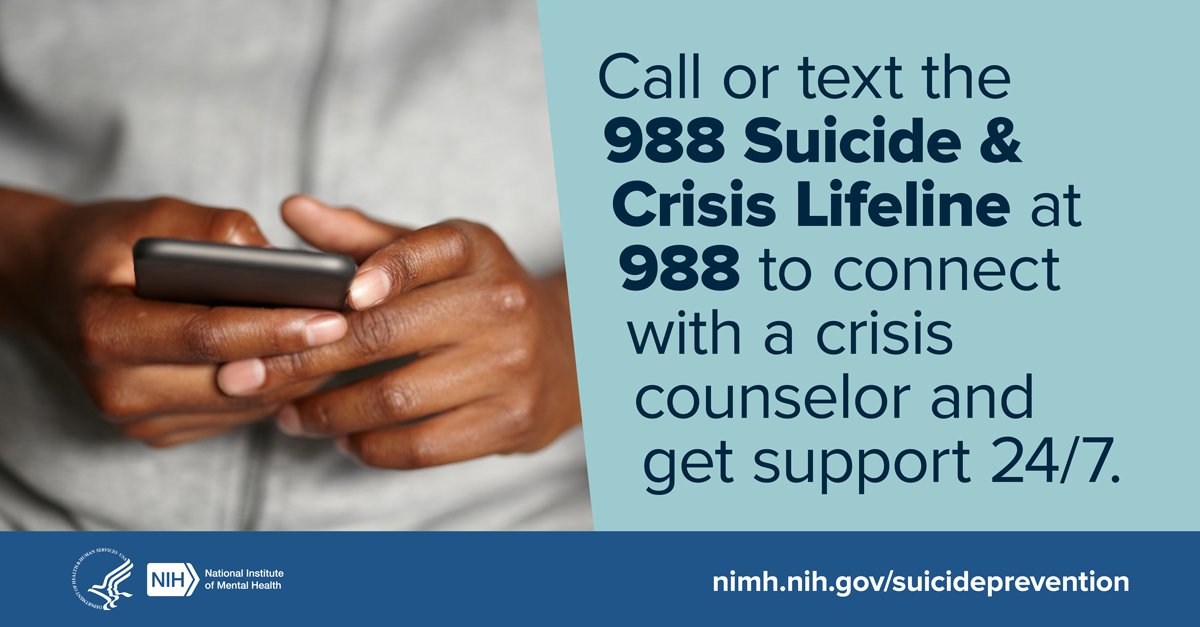UNC Asheville’s WNC Health Policy Initiative Hosts Legislative Summit on Childcare Crisis in Western North Carolina
On Friday, March 14th, 2025, the WNC Health Policy Initiative (a project of the NC Center for Health and Wellness at UNC Asheville), in partnership with the WNC Early Childhood Coalition, YMCA of WNC, and Verner Center for Early Learning, hosted a legislative summit on the University’s campus to highlight the importance of developing long-term, sustainable investments and solutions in childcare, both for our region and across the state.
Governor Stein Announces Task Force for Child Care and Early Education
On March 10th, North Carolina Governor Josh Stein announced an executive order establishing a new Task Force for Child Care and Early Education “to identify strengths and gaps in the current system, recommend key public and private investment in child care infrastructure, and work to recruit and retain a strong child care workforce.”
CaroNova and Partners To Develop Statewide Initiative to Address the Youth Mental Health Crisis
CaroNova and partners have announced the development of a major effort to ensure youth across North Carolina have increased access to the behavioral health services they need. Changing Minds: The North Carolina Youth Behavioral Health Action Plan will bring together state leaders, subject matter experts, philanthropic funders, and other stakeholders to develop a comprehensive plan that more effectively delivers youth mental health services. On Monday, March 10, 2025, CaroNova along with partners outlined how this action plan will be developed.
New Study Highlights Role of NC Healthy Opportunities Pilot in Reducing Medicaid Cost and Improving Health Outcomes
A new study recently published in the Journal of the American Medical Association demonstrates that Medicaid beneficiaries enrolled in NC’s Healthy Opportunities Pilot (HOP) showed an overall decrease in Medicaid spending compared to non-HOP enrollees and reduced utilization of emergency services - all indicators that correlate to improved health outcomes.
WNC HPI 2024 Year In Review!
As 2024 draws to a close, we wanted to take a moment to look back at everything we’ve accomplished in the previous 12 months. Enjoy this roundup of HPI activities, blog posts, podcasts, events, and other highlights from our work this year, showcasing the collective impact we’ve made together. Here's to another year of sharing knowledge and sparking meaningful conversations!
NC DHHS’ 1115 Waiver Renewal Approved to Continue and Expand NC Healthy Opportunities Pilots and Other Programs
In December, 2024, CMS approved a new 1115 waiver renewing funding and expansion opportunities for several programs, including the successful NC Healthy Opportunities Pilot, which uses Medicaid funds to provide social determinants of health interventions such as housing, food, transportation and other supports to Medicaid beneficiaries as a cost-savings measure to improve health outcomes and to prevent or manage chronic disease.
North Carolina Celebrates One-Year Anniversary of Medicaid Expansion
Dec. 1, 2024 marks the first anniversary of Medicaid expansion in North Carolina, which has expanded affordable health care coverage to nearly 600,000 North Carolinians. Learn how NC Medicaid expansion has impacted access to health care in your county, and join us in celebrating this landmark health policy milestone in NC.
National Council on Aging Launches Toolkit to Promote and Expand Evidence-Based Programs in Rural Communities
The National Council on Aging has launched a new toolkit for community-based organizations designed to provide a roadmap for promoting and expanding evidence-based programs for health promotion and chronic disease self-management in rural communities.
Dogwood Health Trust Announces $30M+ for Hurricane Helene Relief Efforts in WNC
On Oct 4th, Dogwood Health Trust announced more than $30 million dollars in initial funding for Hurricane Helene relief efforts in Western North Carolina to support deployment of resources and response to urgent needs, assessment, navigation and legal services associated with FEMA response and maintaining critical health services across the region.
Innovative Multigenerational Housing Community Provides Foster Families and Elders a New Opportunity
The WNC Health Policy Initiative has held several listening and working sessions relating to the needs and challenges facing aging adults, children in the foster care system, and affordable housing. Bridge Meadows, a multigenerational housing community in Oregon, offers an example of how to build intersectional, supportive environments to address these and other such issues.
WNC Early Childhood Coalition Launches “Yes On Child Care” Campaign
Identifying and implementing a long-term plan to create a sustainable, well-funded child care system in North Carolina is critical to avoiding the severe negative impacts that losing this critical infrastructure would create, and is a priority focus area for the WNC Health Policy Initiative.
The WNC Early Childhood Coalition, a key partner in the WNC HPI’s Early Childhood Education workgroup, has launched their Yes On Child Care campaign to boost awareness of these issues and to provide opportunities for engagement and advocacy.
Tiny Homes, Big Impact: MAHEC Addresses Housing Crisis for Residents
A new initiative launched by the Mountain Area Health Education Center (MAHEC), co-host of the WNC Health Policy Initiative, offers an innovative housing solution for medical residents serving in rural Western North Carolina - purpose-built, energy-efficient tiny homes placed exactly where they’re needed most.
North Carolina's Medical Debt Relief Incentive Program: A Beacon of Hope for Patients
Across America, 41% of adults struggle with medical bills they cannot pay, a situation that comes with significant financial, emotional and even physical costs, including reduced access to necessary healthcare. On July 26th, 2024 North Carolina Governor Roy Cooper and the NC Department of Health and Human Services took a huge step toward alleviating that burden with the introduction of the Medical Debt Relief Incentive Program, which will eliminate medical debt for millions of Medicaid recipients and middle- and low-income residents across the state.
News Update: HSS Delivers Strategic Framework for National Plan on Aging
On May 30, 2024, the Department of Health and Human Services, through its Administration for Community Living, released its “Aging in the United States: A Strategic Framework for a National Plan on Aging” report, which “lays the groundwork for a coordinated effort…to create a national set of recommendations for advancing healthy aging and age-friendly communities that value and truly include older adults.”
Revolutionizing Healthcare: Unveiling North Carolina’s Strategies to Bridge Health Gaps Through Social Initiatives
Learn more about North Carolina efforts to address health-related social needs via Medicaid and CHIP that are paving the way for a new approach to preventive healthcare and chronic disease management via non-medical social interventions, and that could serve as models for other states and Medicaid programs interested in exploring ways to address health-related social needs.
Special Report: Emerging Issues and Opportunities in Healthcare Policy for WNC
Despite substantial healthcare spending, chronic illnesses remain the biggest threat to premature death and disability, particularly among working-aged individuals. These trends undermine our economy and threaten long-term fiscal and economic well-being in our region, state, and nation. In response, the 2024 WNC Legislative Caucus is committed to addressing three pressing healthcare policy issues: Social Care Delivery Systems, NC Medicaid Expansion, and Workforce Development.
May is Mental Health Awareness Month
May is Mental Health Awareness Month. Learn more about regional and national data, educational and support information, opportunities engagement, and other resources relating to mental and behavioral health needs, impacts, challenges and solutions.
Healthcare Workforce and the Student Health Ambassador Program - WNC HPI News Brief
North Carolina, like the rest of the United States, is facing a massive healthcare workforce shortage. With the state in need of nurses, caregivers, behavioral health specialists, physicians, and public health workers, a number of initiatives across the state are seeking to increase our healthcare workforce.
While some collaborations are looking big picture…in WNC…other initiatives are exposing students to the healthcare field and are building pathways for those students to enter that workforce. One program led by the North Carolina Center for Health & Wellness (NCCHW), Mountain Area Health Education Center (MAHEC), and the Dogwood Health Trust, in partnership with a number of universities in that region, have connected students to the critical field of healthcare with the Student Health Ambassador (SHA) program.
Access to mental health care in Western NC only partially helped by telehealth (reprint)
North Carolina ranks 39th in the nation for access to mental health care. Four million state residents — two in every five North Carolinians — live in an area with a mental health professional shortage and the situation is worse in rural counties, which have only 0.58 psychiatrists to every 10,000 people, compared to 1.79 per 10,000 in urban ones.
While the APA indicates that telehealth can be especially effective for depression, ADHD, and PTSD, not all mental health conditions are equally suited for telehealth. However, with such a severe mental health provider shortage in the region, doctors and patients — especially those in rural Western North Carolina — have to rely on telehealth, provided they have sufficient internet access. (Reprinted with permission from Carolina Public Press)
North Carolina Primary Care Payment Reform Task Force Report
On April 17, 2024, the North Carolina Primary Care Payment Reform Task Force released it’s report on recommendations to increase the amount of expenditures that North Carolina payors (insurance companies, prepaid health plans, etc.) devote to promoting and providing primary care (aka “care aimed at prevention, wellness, and treatment for common illnesses”)




















